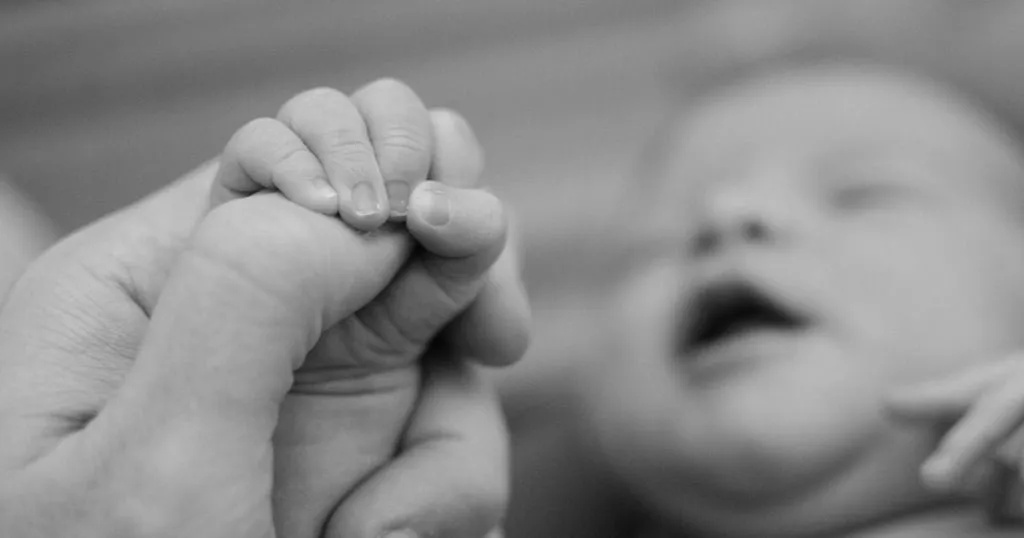Interview skills training for adolescents with language disorder examined
The study of Mathrick and colleagues evaluated an interview skills training package targeting both verbal and non-verbal skills for adolescents with severe and persistent Language Disorders.
Posted by
Published on
Thu 29 Jun. 2017
Topics
| Autism | Communication | Social Communication | The Observer XT | Developmental Disorder |

In order to communicate, one must be able to send messages in a manner that the recipient understands, but also be able to perceive and understand the messages received in return. Communication can have different forms here, including printed, verbal, and non-verbal.
Children with developmental language disorders (LD) have difficulty understanding language or talking to others. They make short sentences, and are often poorly understood. This can create an insecure feeling for the child.
Enhancing employment opportunities
Imagine that you're about to begin a job search. Getting a job is a difficult task in general; performing well in the job interview is often anxiety provoking. This is particularly true for individuals with LD, where job interviews are likely to be extra challenging, due to demands on verbal and non-verbal communication and the need to respond quickly and appropriately to interviewer questions.
A key factor in personnel selection is a good impression of the candidate at the interview. Non-verbal behaviors also have a great impact on the judgment of a job candidate. Cues, such as smiling, eye contact and head nods contribute to a positive evaluation of the candidate.
Individuals with LD have varying degrees of difficulty with social communication skills that are critical to interview success, including: difficulties using and understanding non-verbal cues (head nods, taking turns appropriately, expressing ideas, and understanding what they have been told), limited speech fluency, use of immature grammar, and frequently irrelevant answers to questions.
Focus on non-verbal communication behaviors
There is a need to develop and evaluate techniques that increase the likelihood that individuals with LD can succeed at employment interviews. The study of Mathrick and colleagues evaluated an interview skills training package targeting both verbal and non-verbal skills for adolescents with severe and persistent LD, including individuals with ASD.
They predicted that targeting and reinforcing positive non-verbal and verbal social communication skills during therapy would result in increased use of these behaviors in formal employment interviews. The researchers conducted two studies.
Role play as intervention
In the first study, twelve participants (17-18 years old) received an interview letter with information about the interview. After discussing this letter in a group therapy session, they individually participated in a mock interview (T1). Together with the speech language therapist, the video of this interview was watched and the therapist provided feedback.
Twelve sessions of group therapy followed. Using role play, the therapists demonstrated how to respond appropriately to target questions and how to use non-verbal skills, including shaking hands, using appropriate body language, and facial expression. They then practiced all this in smaller groups, with one target question per week.

Positive feedback to increase positive behavior
To increase confidence, therapists provided more explicit positive feedback for behaviors that the participants needed to increase (e.g., using examples to evidence responses, making eye contact, and smiling), and did not highlight negative behaviors that needed to decrease (e.g., excessive or irrelevant information in response to questions). A second mock interview (T2), immediately after the interview skills therapy, was conducted to complete this first study.
A behavioral coding scheme was developed that incorporated behaviors identified as important for successful interviews, likely to be problematic for individuals with LD, and likely to be targeted in the therapy program. Coding was carried out using The Observer XT, which allowed moment by moment coding of the behavioral data.
Encouraging results of the first study
There was a significant increase in positive non-verbal behaviors such as eye-contact, appropriate facial expression and use of gesture from T1 to T2. Positive verbal behaviors, such as responding to a comment, requesting clarification, and providing examples to questions also increased. There were no changes in negative verbal or negative non-verbal behaviors.
Important to develop interview skills in therapy content
For the second study, thirty young people with severe LD (17-18 years old) participated. The intervention consisted of the same treatment program as in study 1, with some adjustments. Therapy time was increased to 16 group sessions, and more role play and prompt cards were introduced to model positive non-verbal behaviors.
Each participant received three mock interviews: one baseline interview (T1), an interview after a no-treatment baseline period and prior to the onset of interview skills therapy (T2), and one immediately after the therapy sessions had finished (T3).
Compared with study 1, there were marked improvements in positive non-verbal communication skills, which may reflect the importance on developing these skills in the therapy content. Reducing negative non-verbal behaviors appeared to be a more gradual process, with declining scores during the baseline period.
Preparing for job interviews useful
The two studies show evidence that adolescents with severe LD can improve a range of verbal and non-verbal social communication skills in response to a focused intervention that provides many opportunities for role play, discussion and visual supports. This study focused on adolescents in real-life clinical settings and the results should encourage future research with this group of vulnerable young people.
FREE TRIAL: Try The Observer XT yourself!
Request a free trial and see for yourself how easy behavioral research can be!
- Work faster
- Reduce costs
- Get better data
Reference
Mathrick, R.; Meagher, T.; Norbury, C.F. (2017). Evaluation of an interview skills training package for adolescents with speech, language and communication needs. International Journal of Language & Communication Disorders, DOI: 10.1111/1460-6984.12315.
Related Posts

Comparing two different skin-to-skin contact techniques

Analyzing the mealtime behaviors of children with autism
